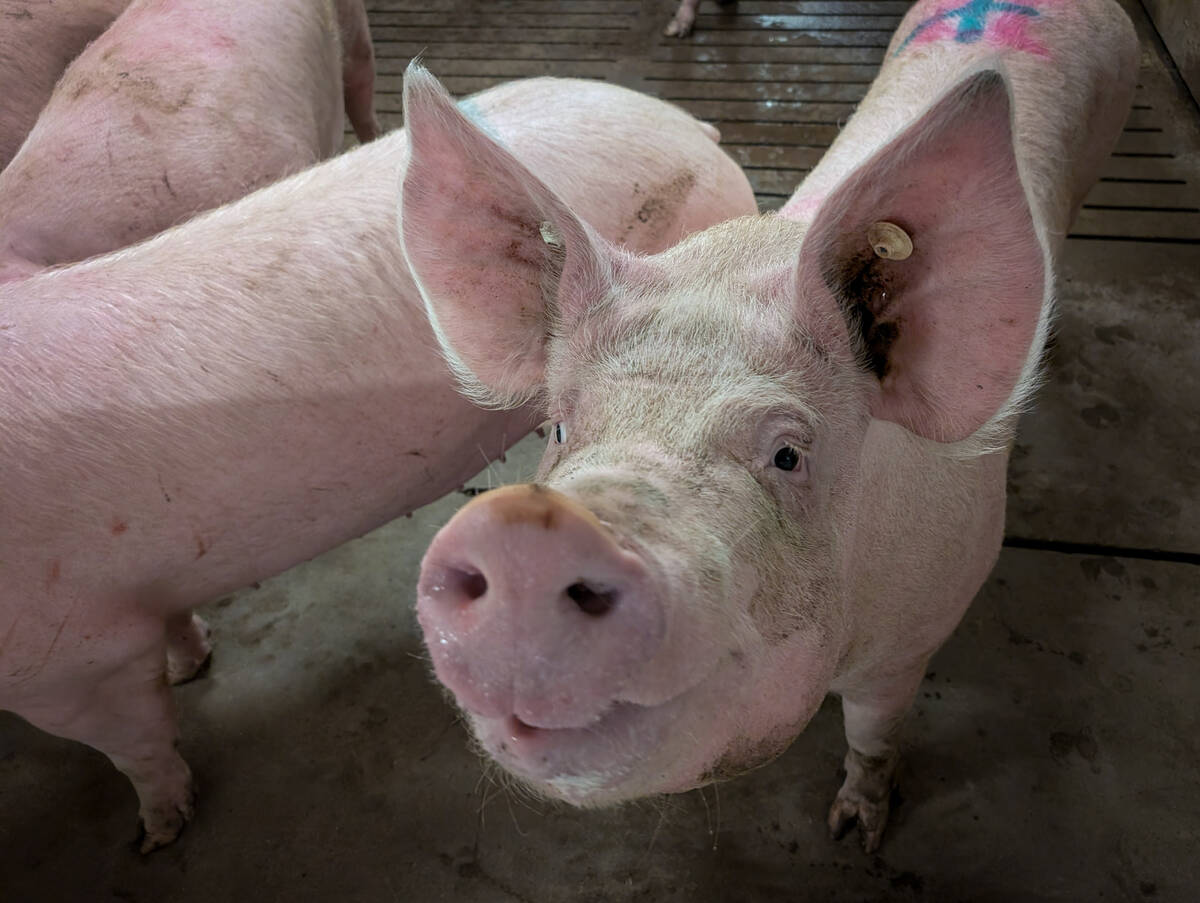Health Canada will allow meat packers to use a combination of preservatives that help control listeria bacteria in ready-to-eat meats.
The department announced Saturday in the Canada Gazette that it will issue an interim marketing authorization for the use of sodium diacetate and sodium acetate in meat products. The interim authorization will allow the products’ use while Health Canada’s recommended changes to the federal Food and Drug Regulations make their way through the process.
According to the American Meat Institute, a U.S. meat industry lobby organization, Health Canada’s move will allow Canadian processors to reformulate their ready-to-eat meats with a combination of sodium diacetate with lactate, already approved by the department, as an antimicrobial agent that would control the growth of Listeria monocytogenes bacteria.
Read Also

Gene edited, PRRS resistant pig approved in Canada
Canada has given its stamp of approval to pigs gene edited to resist porcine reproductive and respiratory syndrome (PRRS).
That combination has been allowed in the U.S. since 2000, the AMI said in a statement on its web site.
Sodium diacetate is currently approved in Canada as a preservative in bread and some “unstandardized” foods up to 3,000 parts per million. If passed, this regulatory amendment would allow its use in ppreparations of meat, poultry and meat and poultry byproducts as well as prepared and preserved fish products, up to 0.25 per cent of final product weight.
Sodium acetate, Health Canada said, is currently approved here as a “pH adjusting agent” in some foods and as a modifying agent in starch. The proposed amendment would allow its use in certain foods containing cooked or cured meat, meat byproducts, poultry or its byproducts “at levels consistent with good manufacturing practice.”
Though not mentioned in Health Canada’s notice in the Gazette, this interim approval arrives during the ongoing investigation into cases of listeriosis this summer, all linked to one genetic strain which in turn is linked to ready-to-eat meats produced at a Maple Leaf Foods plant in Toronto. The plant has since been disinfected and reopened.
As of mid-afternoon Monday, 48 people in seven provinces were confirmed to have been sickened by that strain, and it’s suspected in another 10 cases. Out of the 48 confirmed cases, 21 people in six provinces have died, including 18 for whom listeriosis was confirmed as an underlying or contributing cause. Another five deaths are under investigation.
















